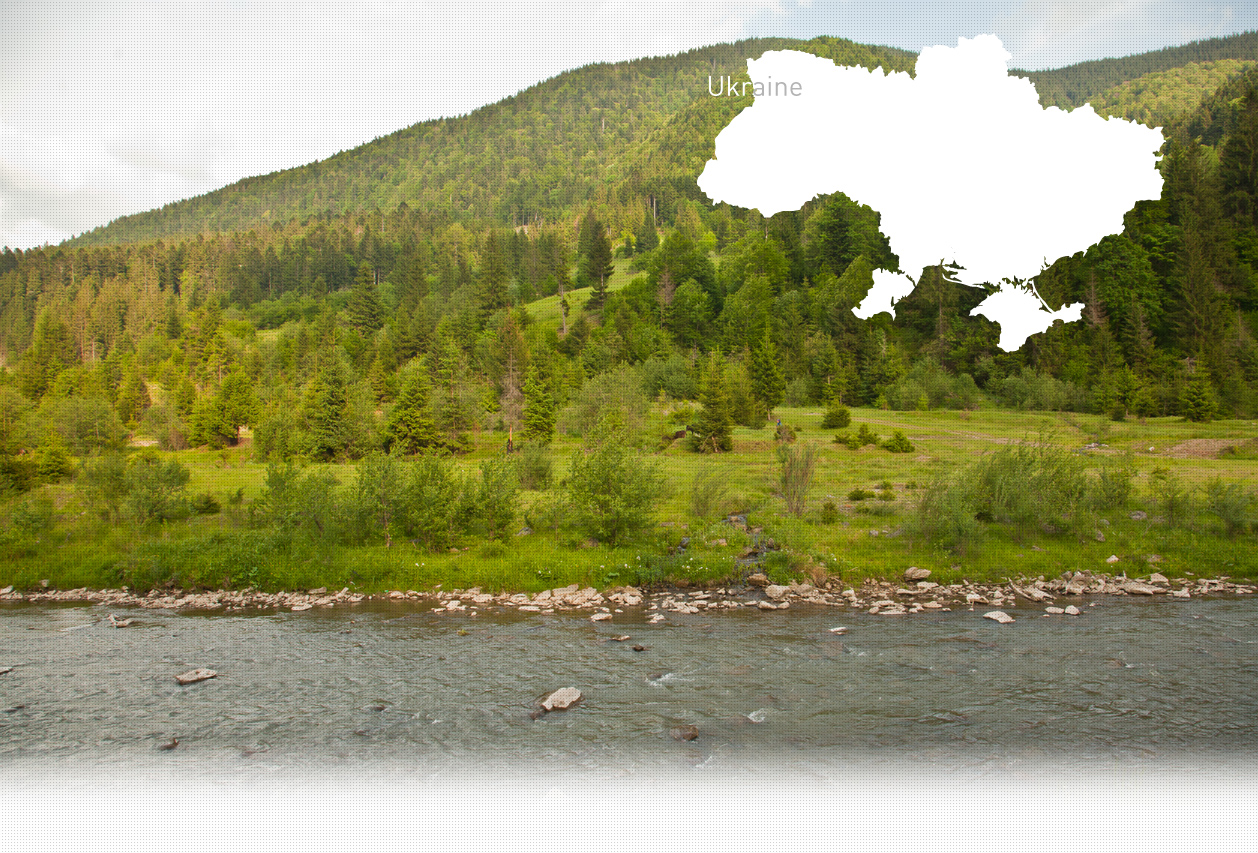

2 Sitio(s) de ejecución
Vasyl M., born in 1928: "When the Romanians occupied this bank of the Dniester, border guards forced the Jews from the village and the surrounding area to cross the river. The Jews were loaded onto barks in groups of ten. Then, when they reached the middle of the river, the border guards fired at them. Some were killed by bullets, but others fell or were pushed into the river, where they drowned. Some Jews had to cross the Dniester and were shot when they reached the other bank. Many reached the other bank and managed to hide in the bushes. That is how they survived. I could see everything from my vegetable garden that was just in front of the riverbank.” (Witness n°2304U, interviewed in Chernivtsi, on September 25, 2017)
Zozulyntsi is located on the bank of the Dniester River in the region of Ternopil. It is 156 km (97 mi) south of Ternopil and 69 km (43 mi) north of Chernivtsi. According to the local witness, there were no Jews in Zozulyntsi before the war. However, several Jewish families lived across the Dniester River in the village of Doroshivtsi. One Jew named Guershko owned a mill, and another mill belonged to a certain Muller. In addition to operating mills, the Jews lived off small-scale trade and handicrafts. There is no information on the number of Jews who lived in Doroshivtsi before the war.
Zozulyntsi was occupied by the Germans in early July 1941. The villages of Zozulyntsi and Doroshivtsi were located across from each other, with the Dniester River in the middle. When the Soviet Union was occupied by Nazi Germany, Zozulyntsi remained under German occupation, while Doroshivtsi remained under Romanian control. According to the two witnesses interviewed by Yahad, the Jews from Chernivtsi were brought to Doroshivtsi. The Romanians forced them to cross the river. Some were forced to cross it by walking, while others were taken by barks in groups of ten. Once the Jews reached the other bank, the Romanians shot at them, leaving a few dozen dead. About a hundred Jews survived and were placed in the stables. After a while, they were taken in a column to Borschiv, and then to the Podolski camp. According to another witness, YIU/2304U, isolated shootings took place in other villages located upriver because he could see the bodies floating down the river.
¿Tiene información adicional con respecto a un pueblo que le gustaría compartir con Yahad?
Por favor contáctenos a contact@yahadinunum.org
o llamando a Yahad – In Unum at +33 (0) 1 53 20 13 17